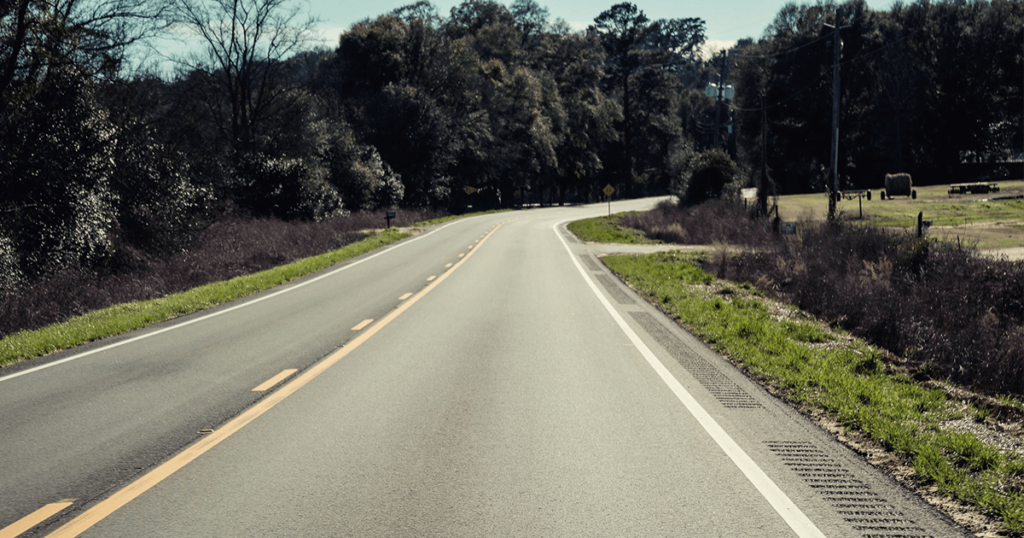
I’ve just finished a month-long writer’s residency at Seaside, Florida, site of one of the most beautiful beaches on earth, and am now driving home to Texas. Along the way, I took a side trip to Atlanta and then to Birmingham before heading for my next stop in Jackson, Mississippi, and as the miles roll past, I realize that, in one way or another, I have always been leaving Alabama.
I was born and raised there, and was educated in its public schools, but went away to Virginia for college, to Louisiana for the Army, and to Iowa for graduate school. After Iowa, I went back to Alabama for two years before getting a better job in Ohio, where I stayed for two more before returning, once again, to Alabama. Twenty-six years later, I left again in search of a new life in Texas.
At that time, I hoped beyond hope that an old lover would follow me there. By a miracle, she almost did, but I blew it. Still, Texas is home to me now. My daughters, grandchildren, former wife, and dog live there—and I’m happy to be returning to them after this latest brief visit to Alabama. Nevertheless, I dread crossing the state line, still ahead of me, because I’ll be leaving my entire birth family in graves or ashes. I’ll be leaving lifelong friends, a niece, two nephews, cousins, and their families, no matter how little contact we’ve had in the past. I’ll be leaving the mills and mountains, the rivers and beaches, the churches and neighborhoods, the smells and textures and quality of light in the place where I was born.
Geography is both in us and outside of us. No tracking device can substitute for the human heart.
Maybe state lines are suggestions of mortality, like the flashing signals at a railroad crossing, or the eyes of deer in a truck’s headlights. How will we know that our families, friends, and lovers are still alive after we leave them? And if they are, how will we know that they still remember us?
Since I’m alive now, when I get to Texas, I can call, text, or write to loved ones back in Alabama. I can leave a clever post on Facebook or a photo on Instagram. But these methods are mechanical and therefore engineered to fail. Even memory, which must be at least as organic as our brains or pituitary glands, will abandon us prior to death.
In leaving Alabama and eventually entering Texas, I will be, as the poet Howard Nemerov says, “A trader doubly burdened, commercing / Out of one stillness and into another.”
Even in writing this post, I am reflecting on a reflection of the words I’m writing.
But maybe the kind of thinking I’m doing today does more harm than good. Maybe it’s time again for the simplicity of an open sky and the song of the coyotes and the feel of my dog’s nose kneading my lap.

